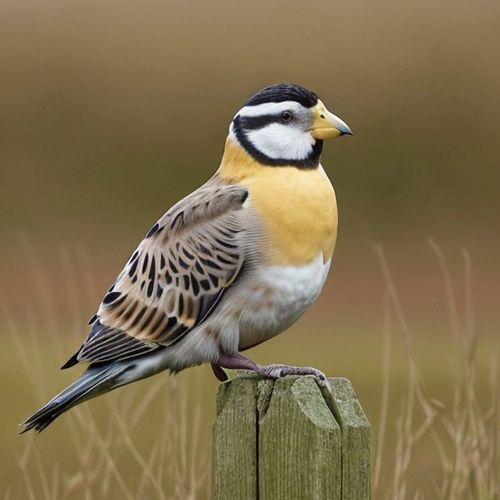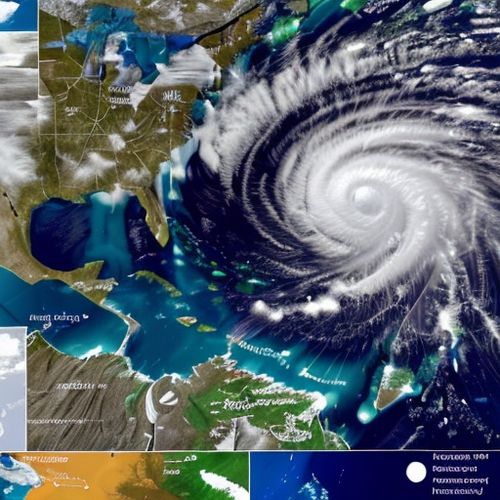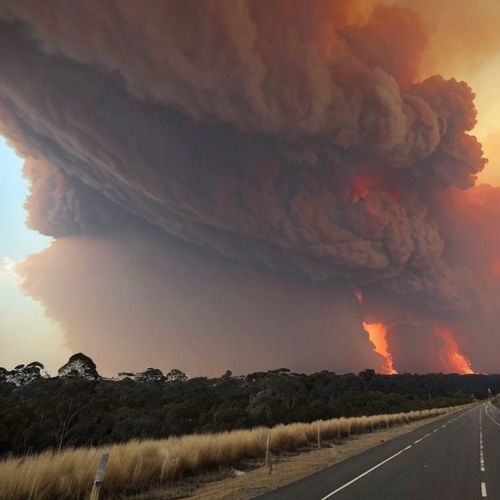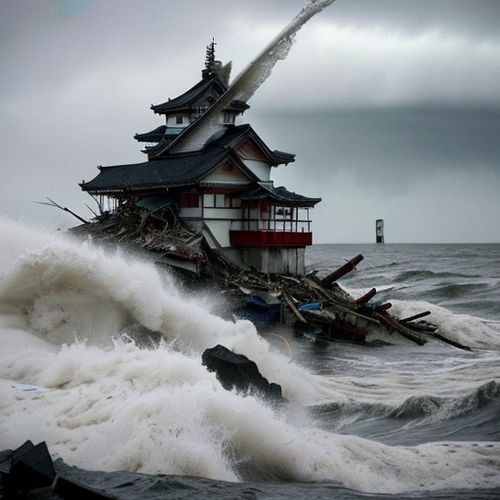The United Kingdom has long been a haven for birdwatchers, with its diverse landscapes and rich avian biodiversity. From the rugged coastlines of Scotland to the serene wetlands of East Anglia, the country offers countless opportunities to observe birds in their natural habitats. However, with this privilege comes responsibility. The British birdwatching community has developed a set of guidelines known as the UK Birdwatching Code of Conduct, which serves as an ethical framework to ensure that our feathered friends are respected and protected.
At the heart of the code lies a simple principle: minimizing disturbance. Birds, especially during breeding seasons or harsh winters, are vulnerable to stress caused by human presence. The guidelines emphasize maintaining a respectful distance, using binoculars or scopes instead of approaching too closely. Nesting sites, in particular, require extra caution. Disturbing breeding birds can lead to abandoned nests or even predation of eggs and chicks. The code advises against playback of bird calls to lure species, as this can disrupt their natural behaviors and territorial dynamics.
Habitat protection is another cornerstone of the UK birdwatching ethos. Many rare species depend on fragile ecosystems that can be easily damaged by careless foot traffic or excessive noise. The code encourages birders to stay on designated paths, avoid trampling vegetation, and refrain from leaving any litter behind. Coastal areas, where shorebirds nest on open ground, demand special attention during summer months. Even well-intentioned photographers sometimes venture too close to resting flocks, causing them to take flight unnecessarily and expend precious energy reserves.
The social aspect of birdwatching also features prominently in the guidelines. When encountering fellow enthusiasts at popular birding spots, courtesy and information-sharing are encouraged, but always with sensitivity to the birds' welfare. Large gatherings can sometimes form when rare species are reported, and the code suggests maintaining quiet voices and coordinated movements to prevent surrounding the bird. Experienced birders often take newcomers under their wing, teaching them not just identification skills but also proper field etiquette.
Technology has introduced new considerations in recent years. While digital cameras and smartphone apps have enhanced the birdwatching experience, they've also created potential for increased disturbance. The code addresses these modern challenges by recommending against the use of drones near sensitive areas and suggesting that photographers avoid using flash, especially with nocturnal species. Online bird reporting platforms have made instant sharing of sightings possible, but the guidelines caution against immediately publicizing locations of particularly vulnerable species to prevent overcrowding.
Seasonal variations require different approaches under the code. Winter birdwatching presents unique challenges as many species face survival pressures from cold weather and limited food supplies. Feeding stations can provide crucial support, but the code specifies proper maintenance to prevent disease transmission. Spring migration brings its own set of considerations, as exhausted travelers need undisturbed resting spots. The autumn raptor watches along coastal headlands demonstrate how organized observation can balance human interest with wildlife protection when conducted responsibly.
Urban birding has grown in popularity, presenting distinct ethical questions. City parks and gardens host surprising biodiversity, but also concentrate human and avian populations in close proximity. The code advises particular restraint in these environments, where birds may become habituated to people yet still require periods of uninterrupted feeding and resting. Even common species deserve respect; the thrill of spotting a rare visitor should never justify harassing resident populations that form the backbone of urban ecosystems.
Beyond individual behavior, the birdwatching code recognizes the importance of contributing to conservation efforts. Many UK birders participate in organized surveys like the Breeding Bird Survey or Wetland Bird Survey, providing valuable data to scientific organizations. Ethical birdwatching extends to supporting habitat preservation initiatives and being mindful of how our broader environmental footprint affects avian populations. Choosing sustainable travel options to birding locations, for instance, aligns with the spirit of the guidelines.
The success of the UK Birdwatching Code of Conduct lies in its voluntary adoption by the community. Unlike legal protections for certain species and sites, these guidelines rely on peer education and shared values. Local bird clubs often incorporate code principles into their introductory materials, while nature reserves display adapted versions for visitors. The result is a culture where excitement about sightings coexists with deep respect for wildlife welfare. This balance makes British birdwatching not just a hobby, but a model of responsible nature appreciation.
As climate change and habitat loss present growing threats to bird populations worldwide, the ethical framework provided by such codes becomes increasingly vital. The UK's approach demonstrates that enjoyment of nature need not come at the expense of the creatures we admire. By putting birds' needs first, birdwatchers ensure that future generations will inherit both thriving avian populations and the rich tradition of observing them. The true measure of a birder's skill ultimately lies not in their life list tally, but in their ability to watch without leaving a trace.

By Victoria Gonzalez/Apr 14, 2025

By Samuel Cooper/Apr 14, 2025

By William Miller/Apr 14, 2025

By Emma Thompson/Apr 14, 2025

By Lily Simpson/Apr 14, 2025

By Emily Johnson/Apr 14, 2025

By George Bailey/Apr 14, 2025

By Sarah Davis/Apr 14, 2025

By Grace Cox/Apr 14, 2025

By Natalie Campbell/Apr 14, 2025

By Christopher Harris/Apr 14, 2025

By Rebecca Stewart/Apr 14, 2025

By Joshua Howard/Apr 14, 2025

By Jessica Lee/Apr 14, 2025

By Eric Ward/Apr 14, 2025

By Lily Simpson/Apr 14, 2025

By William Miller/Apr 14, 2025

By Olivia Reed/Apr 14, 2025

By William Miller/Apr 14, 2025